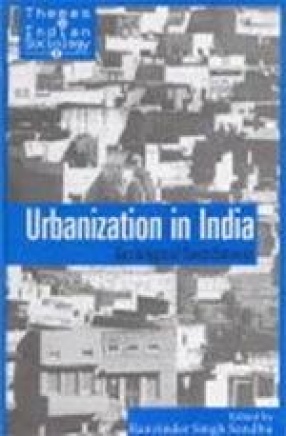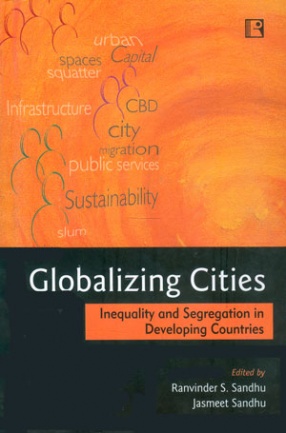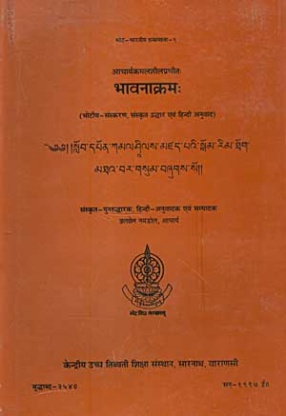The later half of the twentieth century has witnessed unprecedented urbanization throughout the world, especially in developing countries. Even through India currently has the second largest urban population in the world, it is still one of the least urbanized countries. Further, in the last fifty years, the process of urbanization in India has ushered in numerous changes unlike those witnessed during earlier periods, both in terms of degree and quality. hese aspects of urbanization are discussed in four sections. The first section details the various perspectives through which urbanization can be understood more comprehensively. The second section discusses how caste and class behaviour are modified in an urban setting. Section three looks at how society (the neighbourhood community, the rural joint family) adapts to both urbanization and industrialization (for instance, the influx of migrants). The last section deals with slum-dwellers and discusses the labour characteristics of migrants as also the question of their cultural assimilation. ocusing on the complex and increasingly important socio-economic processes of urbanization, this volume offers significant hypotheses for further exploration, while highlighting the emerging problems. It will be widely welcomed by students of urban studies, sociology, town planning and human settlements.
Urbanization in India: Sociological Contributions
In stock
Free & Quick Delivery Worldwide
reviews
Bibliographic information
Title
Urbanization in India: Sociological Contributions
Author
Edition
1st ed.
Publisher
ISBN
8178292777
Length
260p., Tables; FiguresMaps.
Subjects







There are no reviews yet.